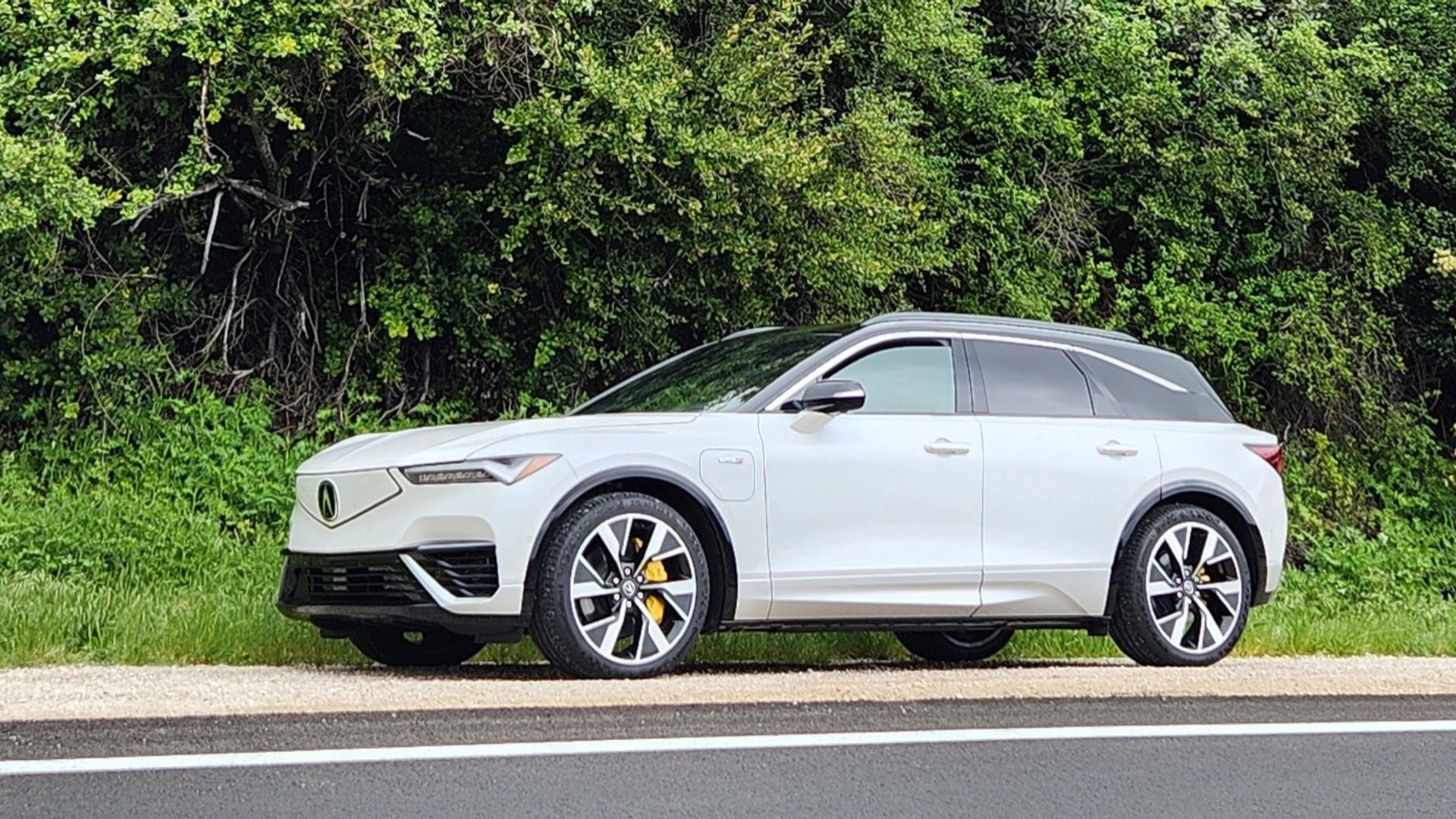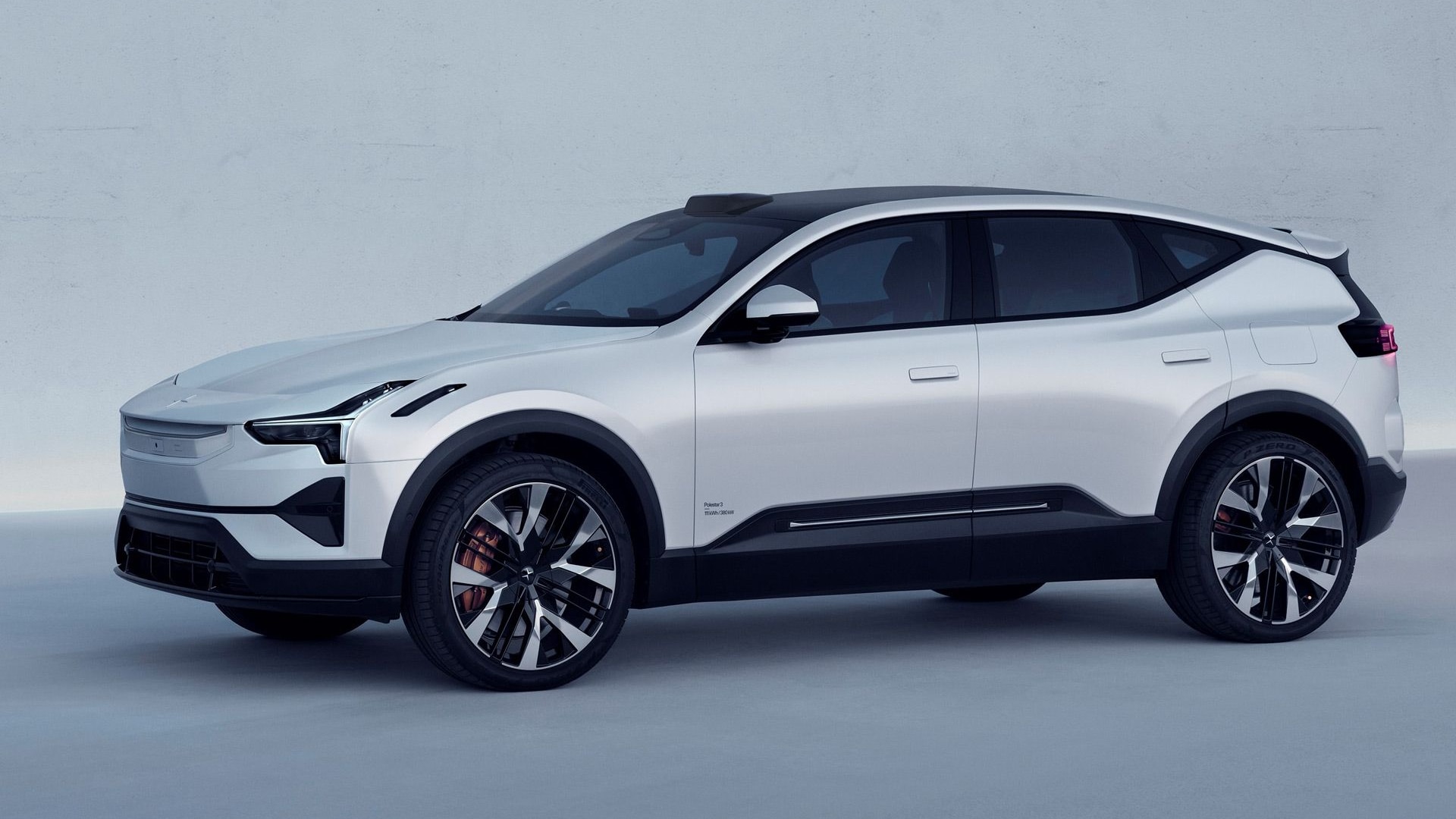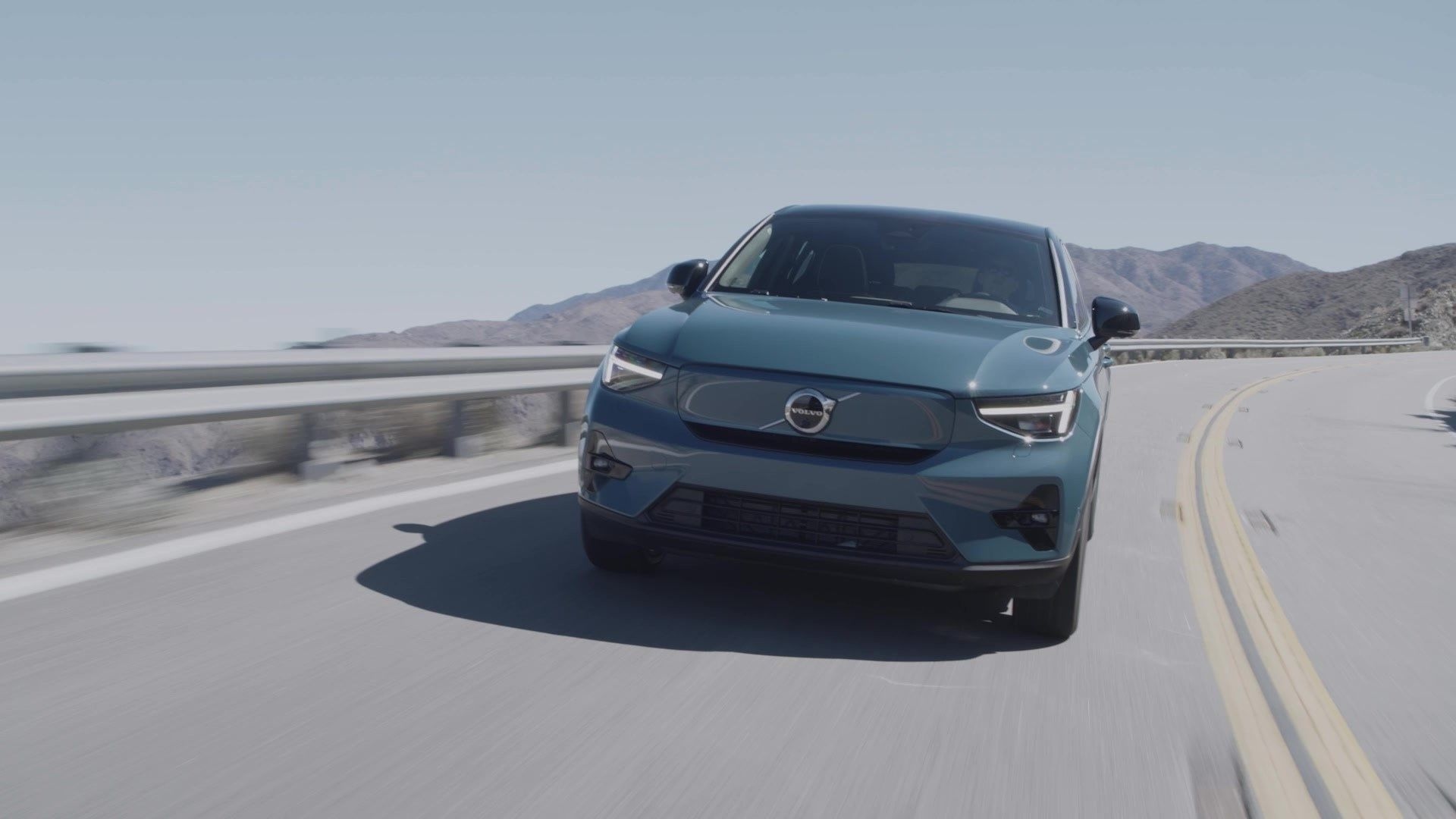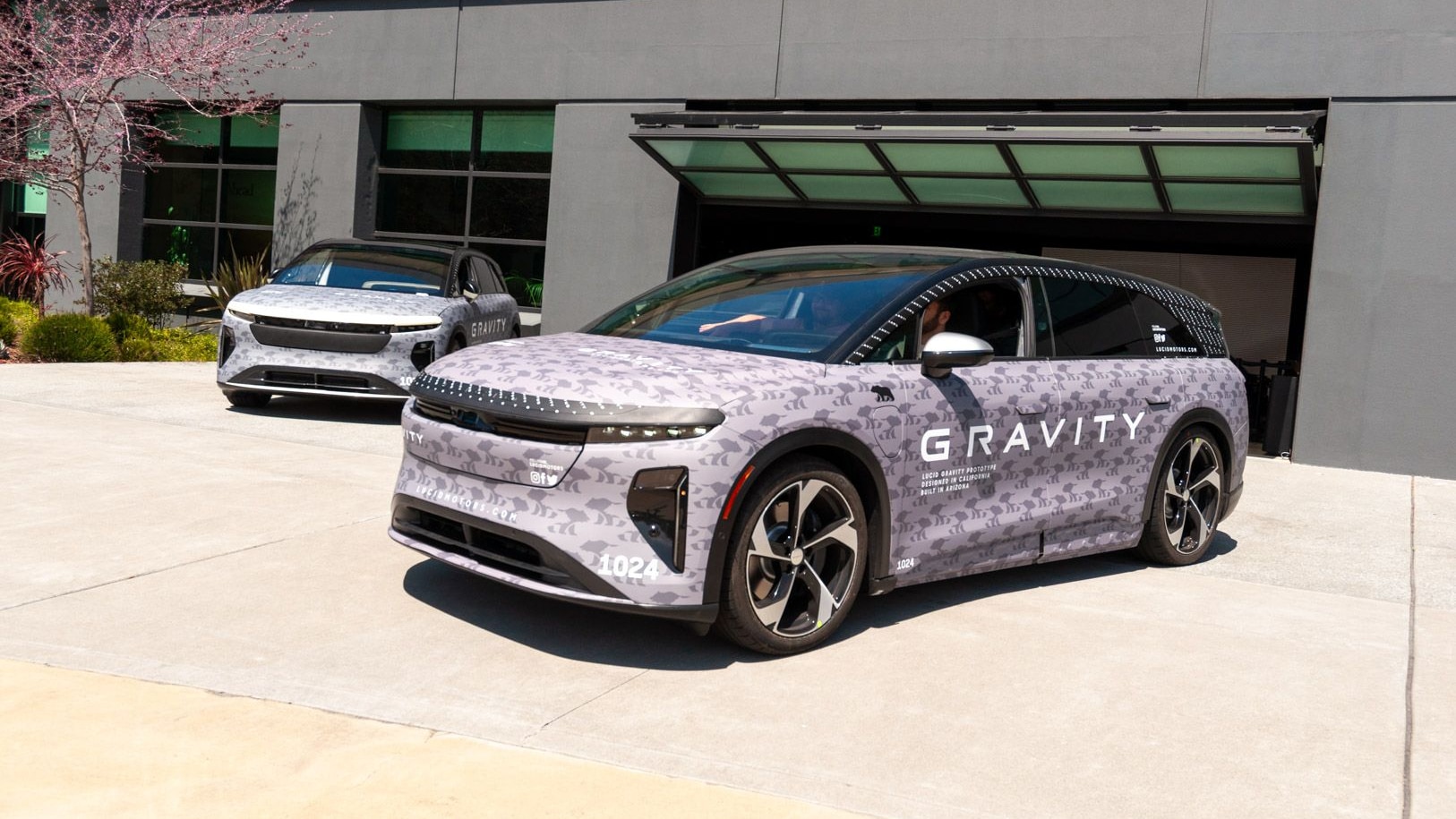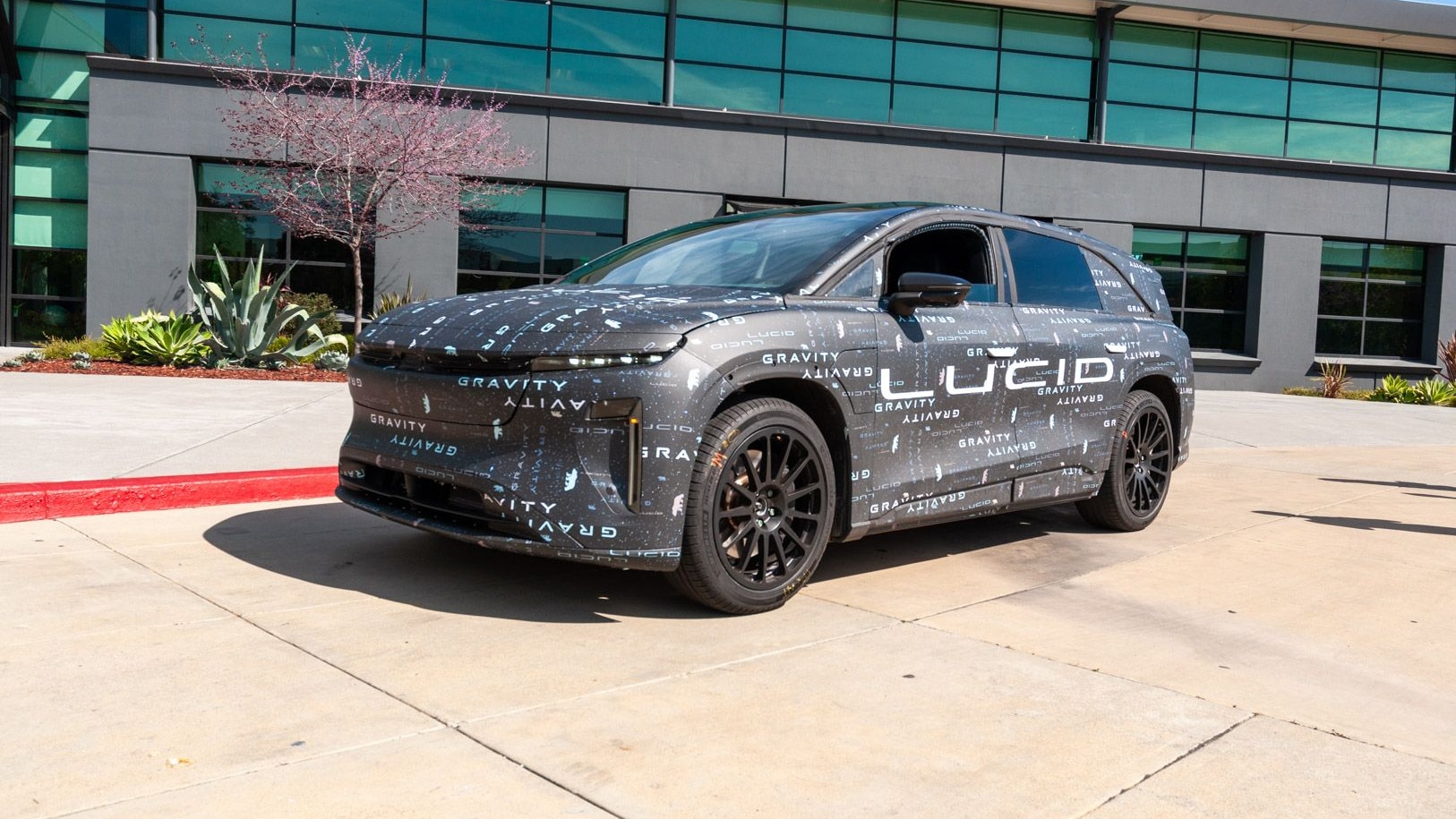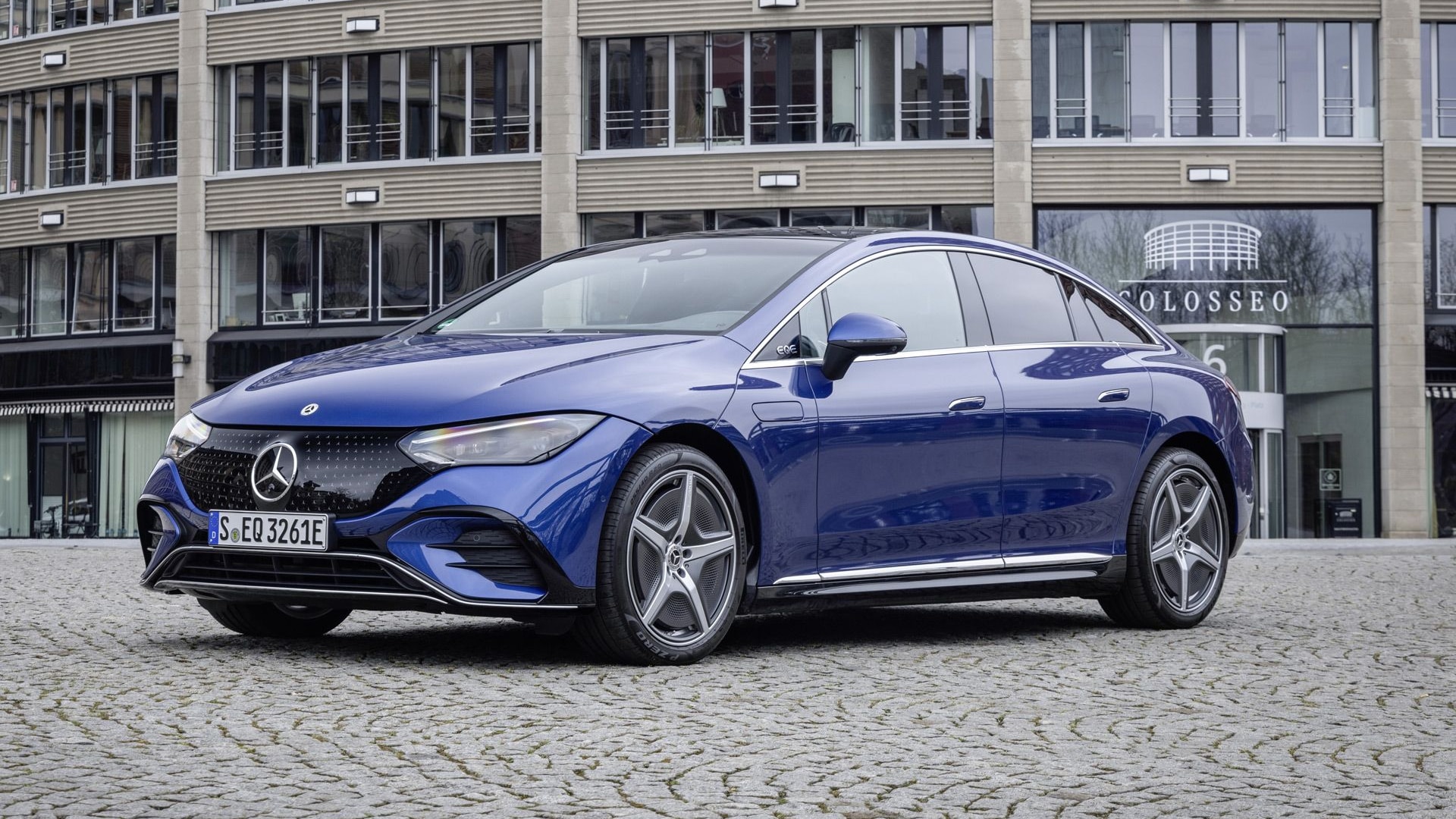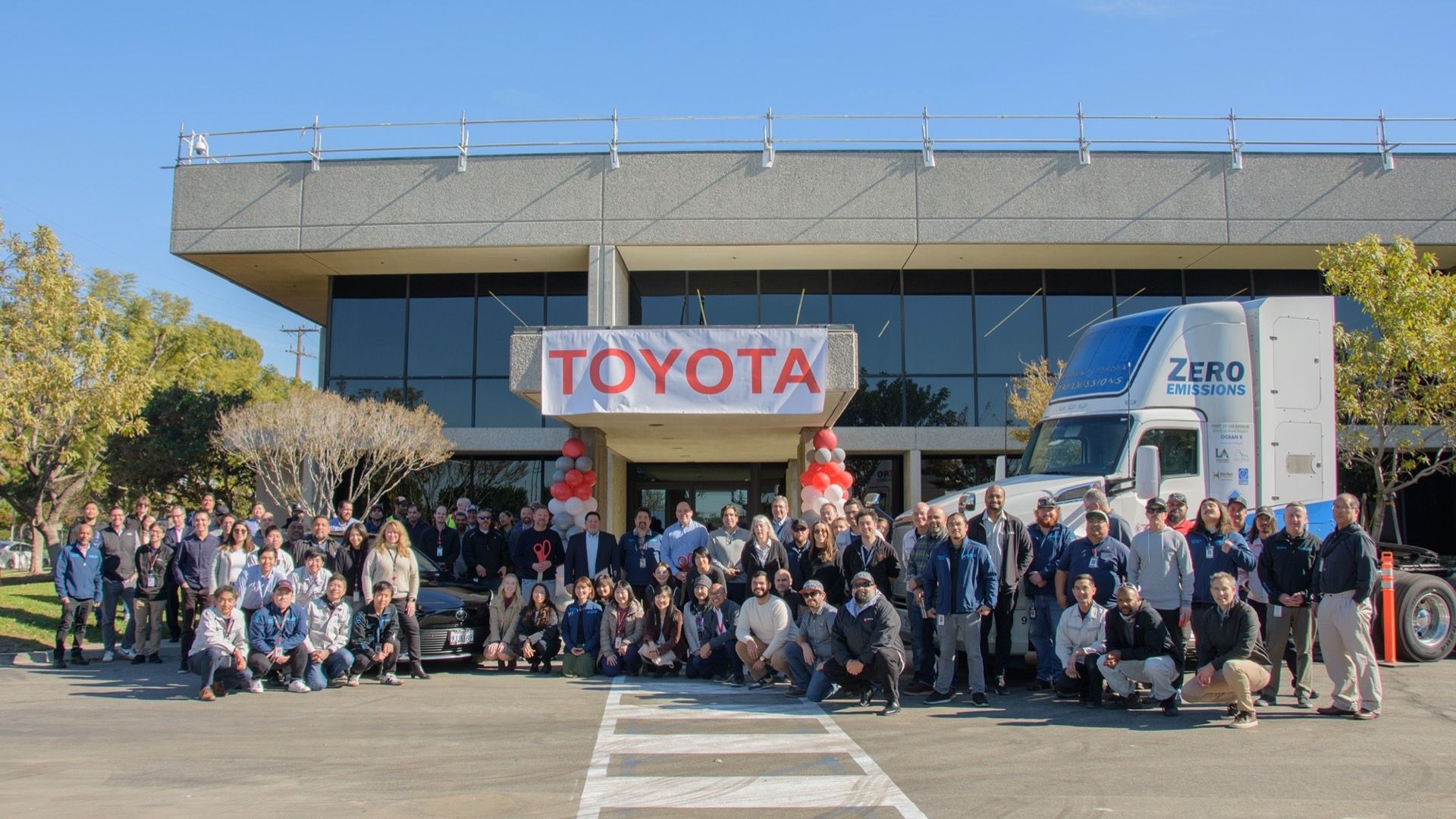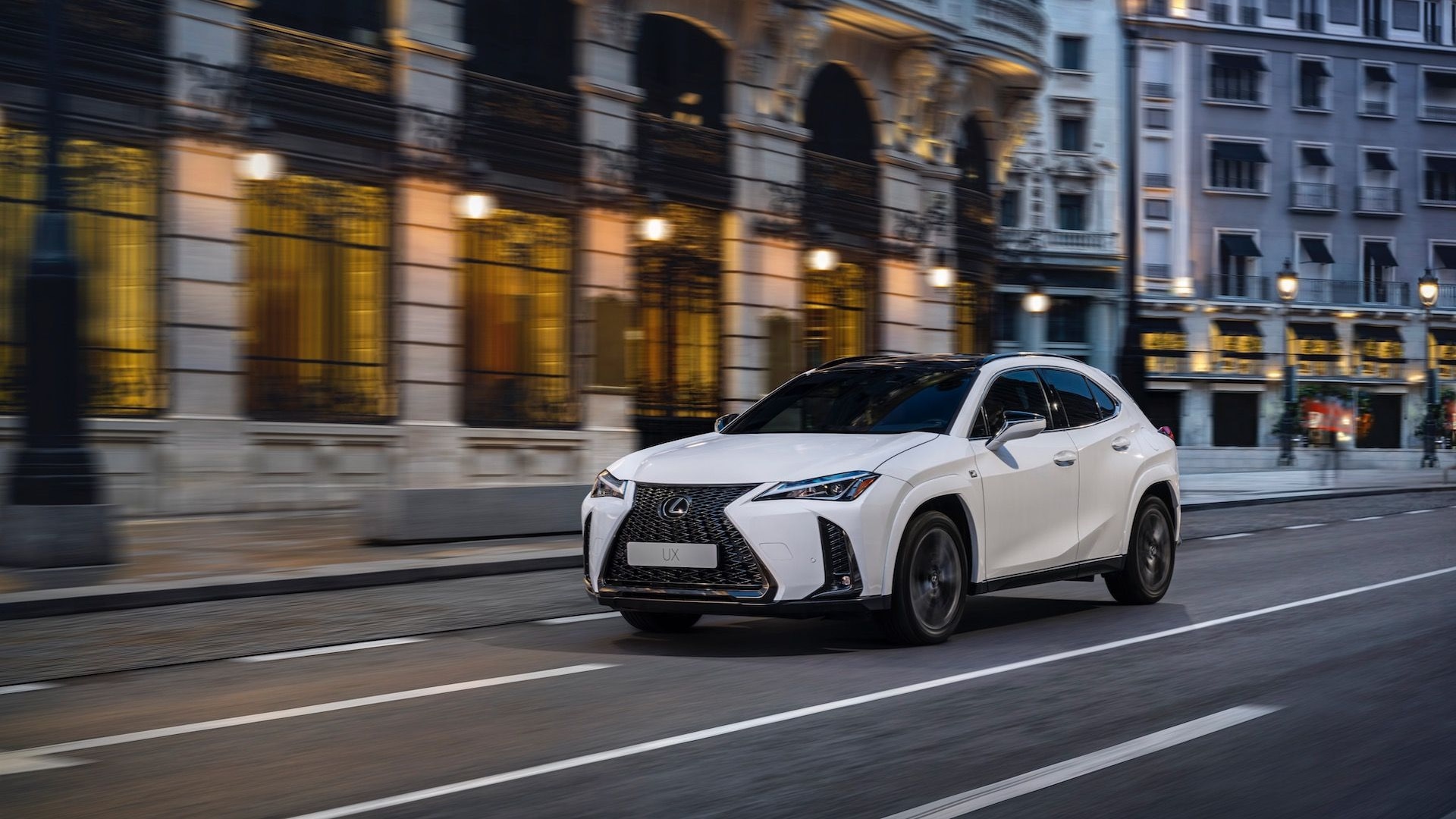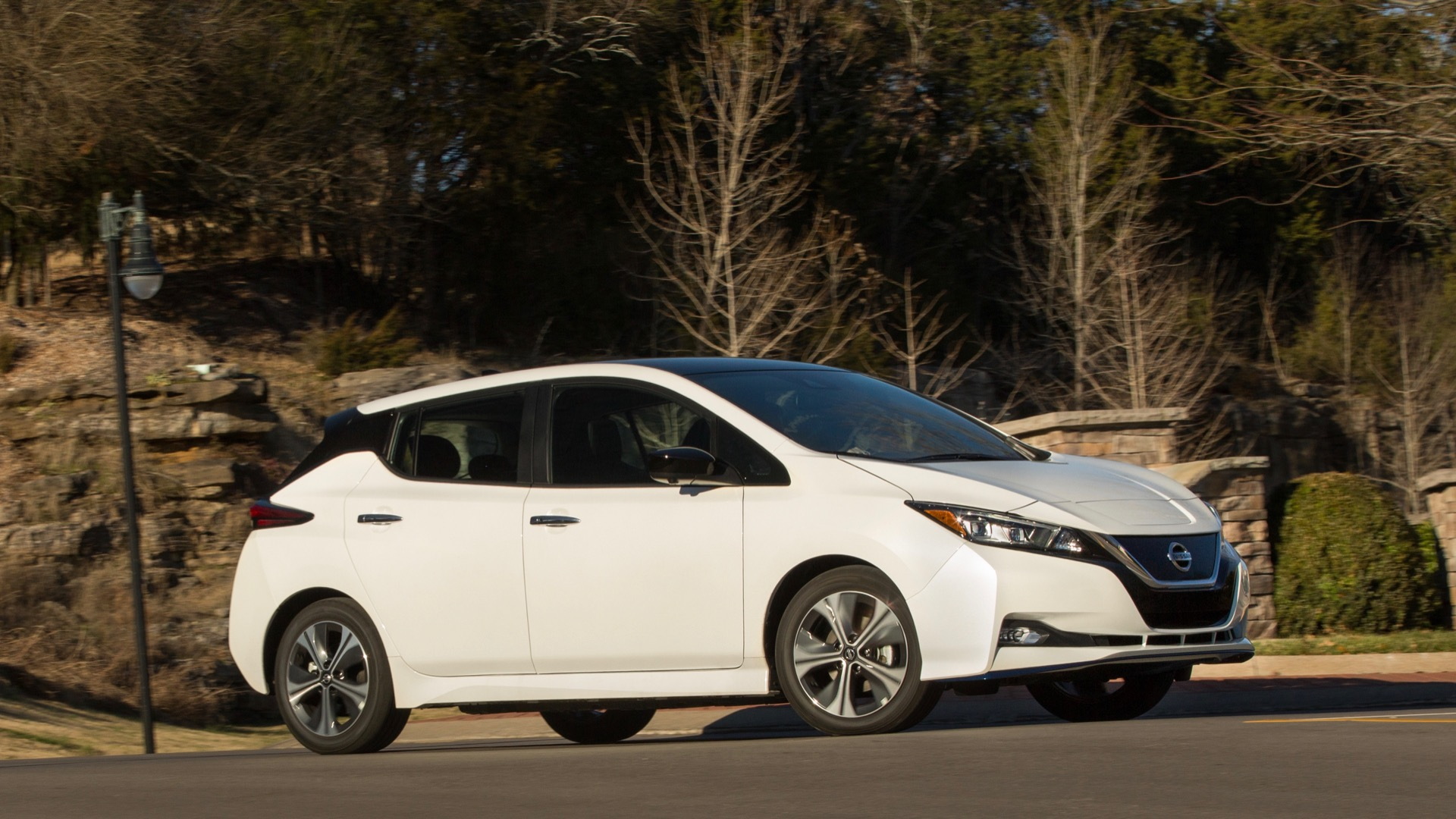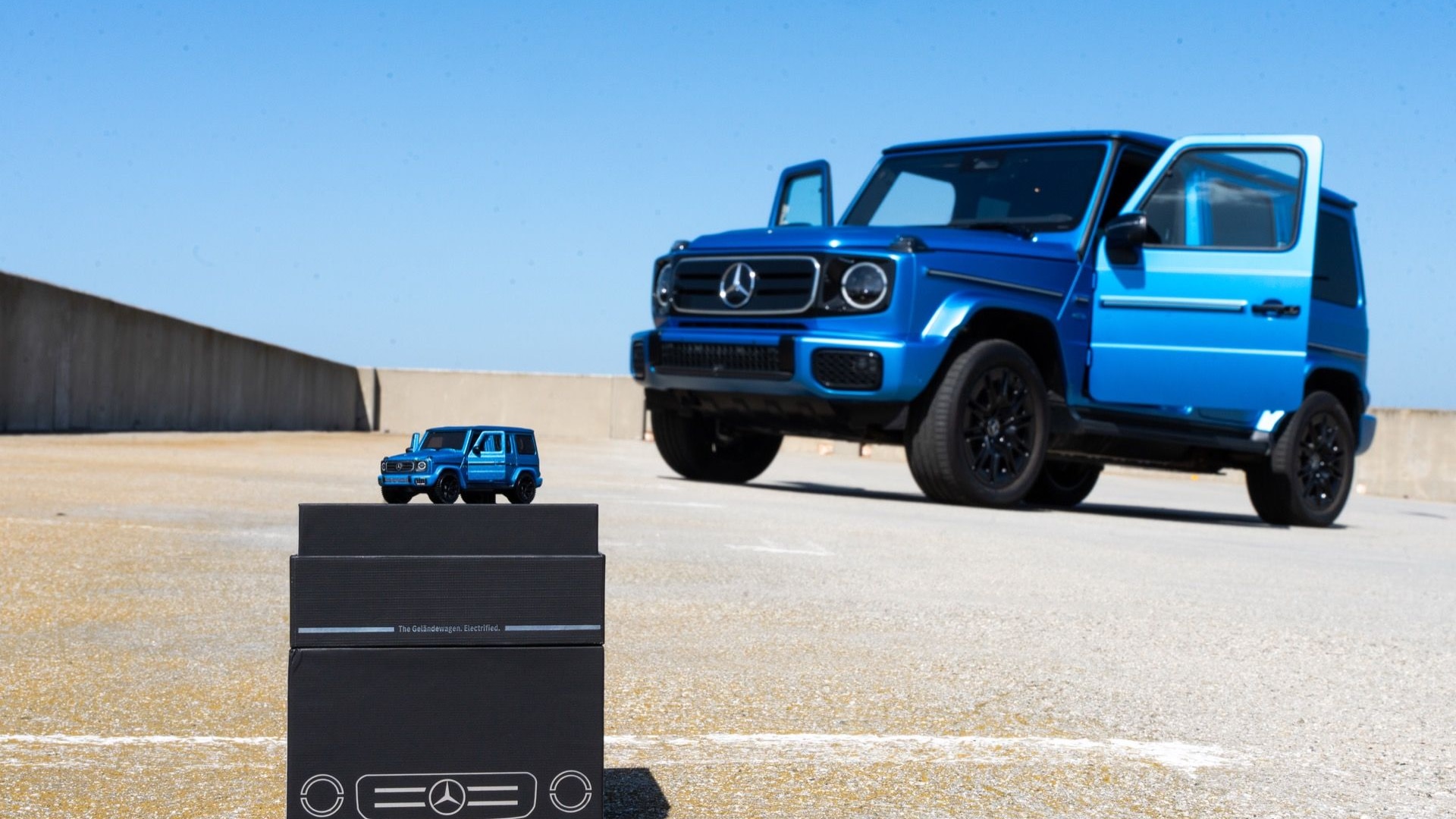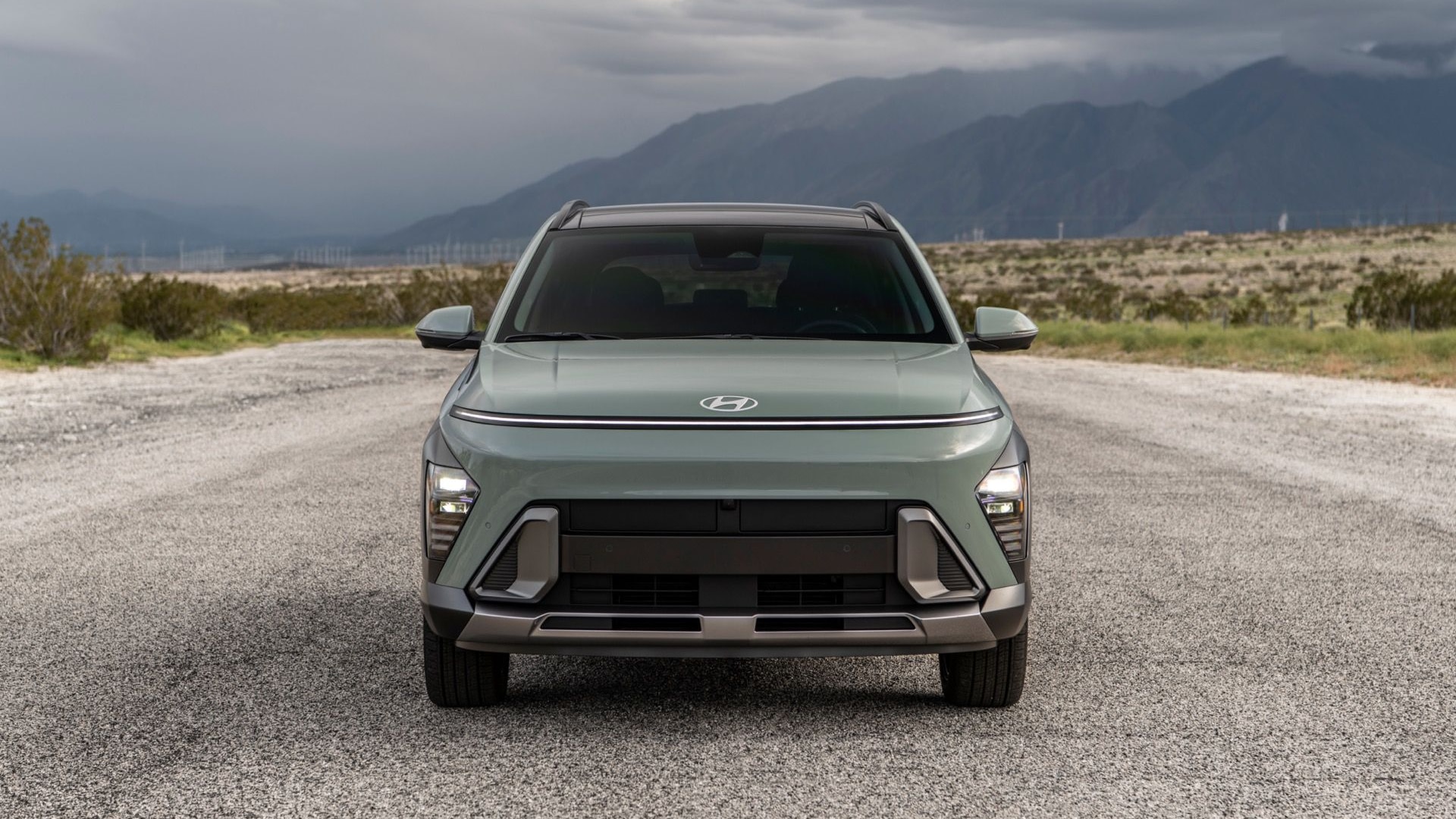The results of German national elections don't get much news coverage in the U.S.
But the re-election of Angela Merkel as chancellor on September 22 could prove to have an effect on your future Audi, BMW, or Mercedes-Benz.
At issue is the desire of the European Union to impose even more stringent regulations on carbon emissions on vehicles sold within its 28 member countries.
While the E.U. regulates carbon emissions, that metric is almost directly proportional to fuel efficiency: the less fuel burned by the car, the less carbon is emitted.
MORE: 2014 BMW i3 Electric Car: Full Details And Images Released
Current rules require each maker to reach a fleet average of about 43 mpg by the 2015 model year, although that number should not be compared to U.S. gas-mileage estimates since the test cycles vary considerably.
But the E.U. has proposed rules to take that number up to almost 60 mpg by 2020.
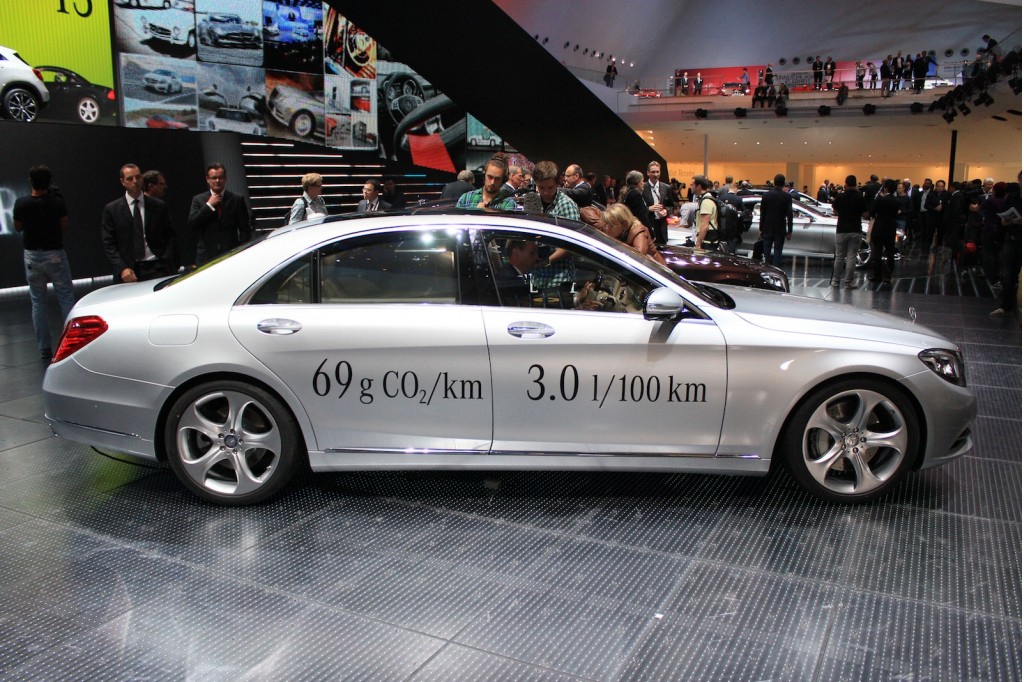
2015 Mercedes-Benz S500 Plug-In Hybrid, 2013 Frankfurt Auto Show
With Germany by far the largest carmaker in the European Union, its luxury marques--particularly BMW and Mercedes-Benz--are already struggling to meet the 2015 levels.
Merkel's re-election, suggests columnist Neil Winton in the Detroit News, is good news for those makes.
Before the election, one of the last acts of Merkel's previous administration was to block those newer E.U. rules unless they included so-called supercredits--basically extra credit given for any sales of hybrids, plug-in hybrids, or battery-electric cars.
Each one of those types of cars would have counted for more in the calculations than a regular gasoline or diesel car would have.
In a speech before the election, Merkel said Germany must not "not impose greater burdens on our industry than other continents do with their own industry."

2014 Audi A3 e-tron plug-in hybrid presentation, Berlin
The chancellor was likely referring to U.S. rules for 2025 that mandate a corporate average fuel economy level of 54.5 mpg--lower than the proposed E.U. level.
That CAFE level actually translates to a window-sticker rating average of about 42 mpg.
The need for Merkel to form a coalition government with other parties mean none of this is certain.
But the strength of the German economy, the country's outsized role in rescuing the economies of weaker E.U. countries, and the exports of German-built cars suggest that in the end, the German automakers may get their way.
Which means that while you will begin to see more hybrids, plug-in hybrids, and battery electric cars from German luxury brands, you may not see as many as the E.U. would have liked.
The 2014 BMW i3, which will go on sale in the U.S. next spring, is the first volume-built battery electric from any German maker--and the industry will be watching its global sales closely.
_______________________________________________

